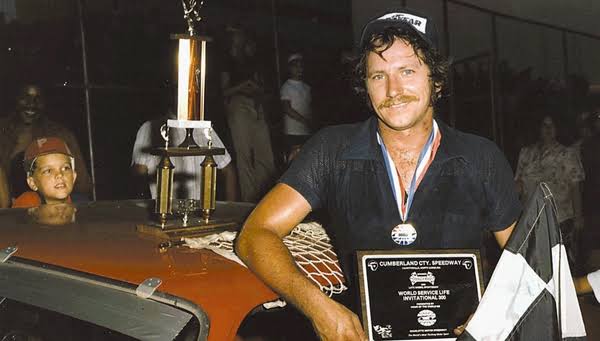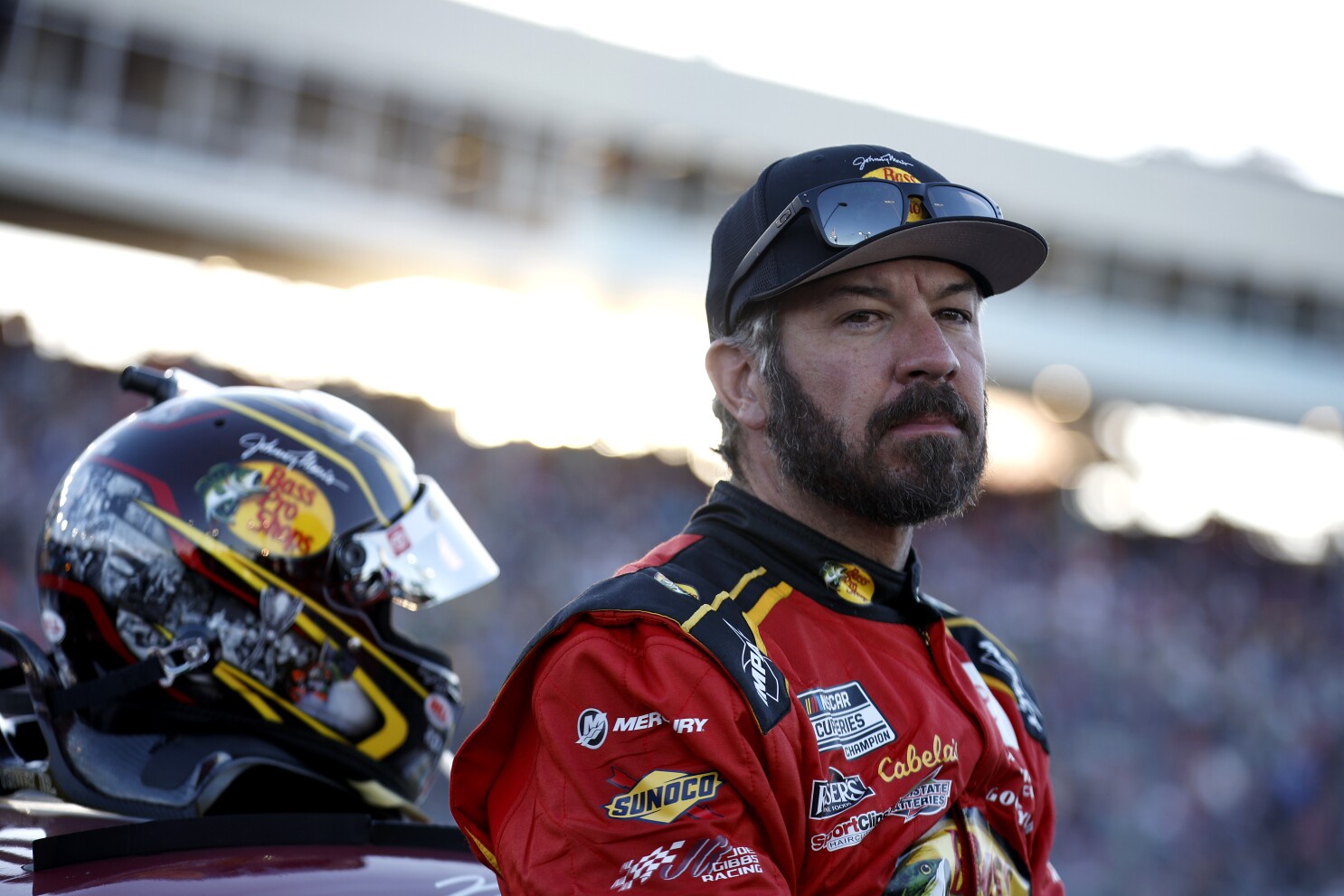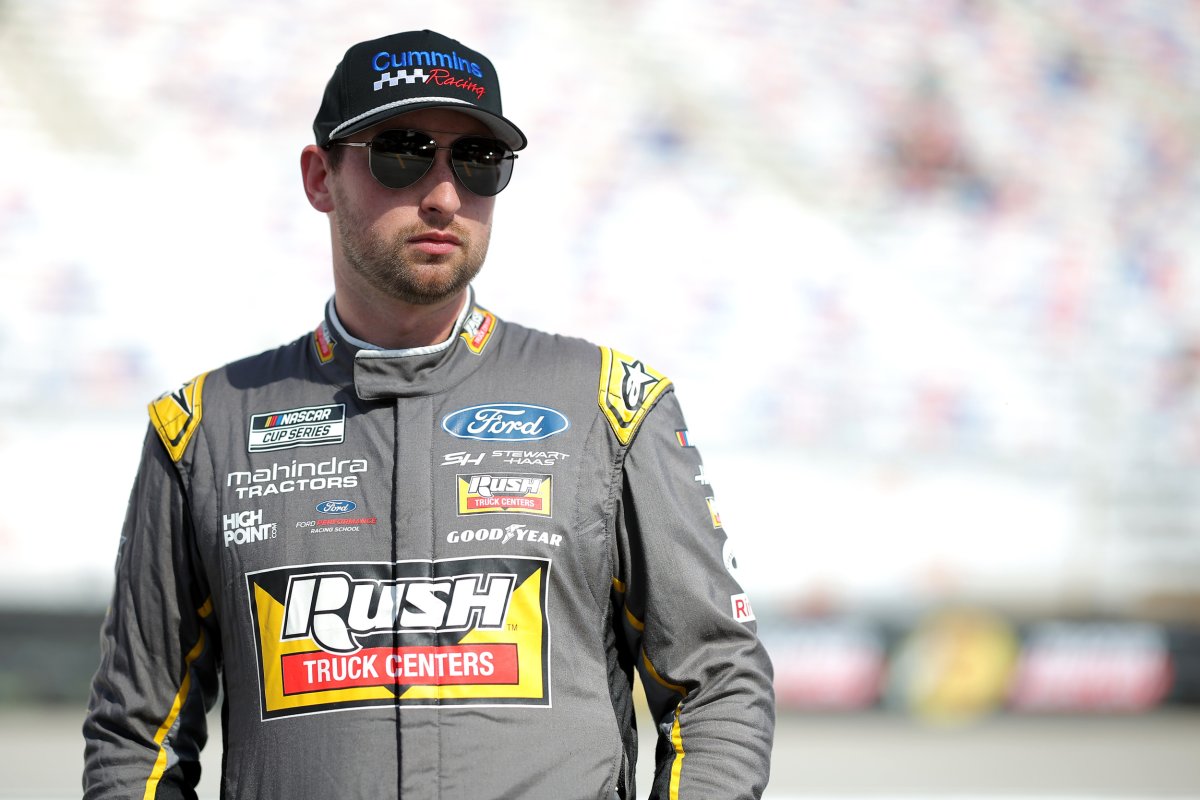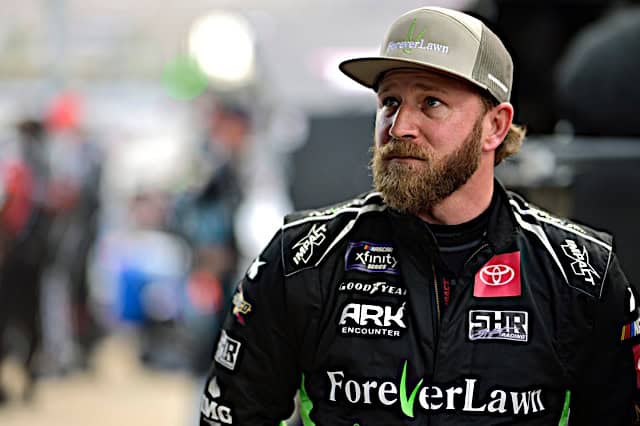
Game-changers are rare, but NASCAR has had its fair share of transformative figures. From Lee Petty to his legendary son, Richard “The King” Petty, these icons elevated the sport to new heights. Richard Petty’s seven championships throughout the 1960s and 1970s set a bar many thought untouchable—until Dale Earnhardt Sr. arrived in the 1980s.
Earnhardt burst onto the scene, capturing his first Cup championship and Rookie of the Year title in 1980. He quickly became a household name and a cultural icon of the South, winning seven championships and putting Petty’s record within reach. But in 2001, NASCAR was rocked to its core when Earnhardt tragically died in a crash during the Daytona 500. With the loss of its greatest legend, the sport faced uncertainty—until Jeff Gordon stepped up.
Jeff Gordon: NASCAR’s New Face
By the mid-1990s, Earnhardt Sr. was still on top, securing his seventh title in 1994. Meanwhile, 22-year-old Jeff Gordon was beginning to make an impression. After finishing eighth and winning two races that season, many assumed Gordon would take years to challenge NASCAR’s elite. But Gordon wasted no time. In 1995, just one year later, he became the second-youngest NASCAR Cup Series champion, narrowly beating Earnhardt Sr., who finished just 34 points shy of his eighth title.
Gordon’s rapid rise sparked resentment among NASCAR’s traditional fanbase. To many, he was the young star who thwarted Earnhardt’s pursuit of Petty’s record. The rivalry intensified in 1997 when Gordon claimed 10 victories and his second championship, while Earnhardt endured his first winless season since 1981. Reflecting on the tension, Gordon once said, “It took me a while to understand that as long as I was competing against Earnhardt, I’d always be seen as the bad guy.”
Breaking NASCAR’s Regional Mold
Despite the criticism, Gordon’s success became a major boon for NASCAR. Before his dominance, the sport was largely considered a regional phenomenon, most popular in the South. But Gordon, with his California roots, clean-cut image, and polished demeanor, attracted a younger, more diverse audience. While hardcore fans weren’t always thrilled, they couldn’t deny his extraordinary talent—and eventually, many came to respect him.
When the 2001 Daytona tragedy struck, Gordon’s presence became pivotal. Eddie Gossage, president of Texas Motor Speedway, explained it best: “If Jeff hadn’t been there when we lost Dale Earnhardt, I’m not sure where NASCAR would be today. He was the crucial bridge, connecting the eras of Petty, Earnhardt, and the next generation.”
Gordon secured his fourth championship in 2001 and continued to be a dominant force for years. Though he didn’t surpass the seven titles of Earnhardt and Petty, his influence on the sport was immeasurable. Drivers like Jimmie Johnson, a seven-time champion himself, openly credit Gordon for shaping their careers. “Jeff has been a huge part of my journey. He’s an incredible driver, a great teammate, and a close friend. I often turn to him for advice on and off the track,” Johnson shared.
Gordon’s mentorship extended far beyond Johnson. He played a critical role in guiding other stars like Tony Stewart and Ryan Newman. His impact wasn’t just felt on the racetrack—he helped broaden NASCAR’s appeal and reach. As one longtime fan noted on Reddit, “Jeff Gordon was instrumental in expanding NASCAR’s popularity.”
For veteran fans, Gordon’s contributions are undeniable. He not only helped the sport recover after Earnhardt’s death but also introduced it to an entirely new audience. His legacy endures as a driving force behind NASCAR’s modern success.




